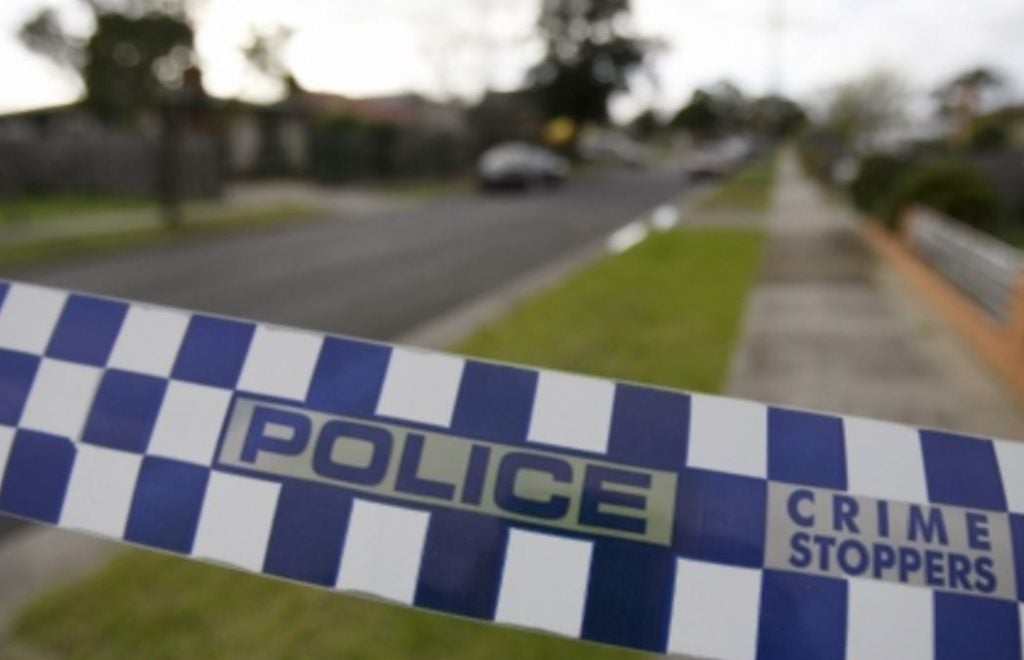
A 91-year-old peace activist is to challenge police surveillance of him at the European Court in a case which has ramifications for journalists.
In 2015 the UK Supreme Court ruled that UK police were justified in their invasion of John Catt’s privacy. But now the European Court has agreed to hear the case.
Meanwhile, the Met Police has said it still holds intelligence on four journalists who are members of the National Union of Journalists: Jason Parkinson, David Hoffman, Mark Thomas and Jess Hurd. According to the NUJ, the force says it has destroyed records held by journalist Jules Mattson.
The five found out they were on the Met’s “domestic extremism database” in 2014 by filing subject-access requests under the Data Protection Act. They were tracked apparently purely as a result of their journalistic activities covering demonstrations.
The Catt legal appeal comes as the NUJ and the News Media Association seek a change in the Investigatory Powers Bill to protect journalists and their sources from electronic state surveillance.
Press Gazette has launched a petition in support of that amendment.
NUJ general secretary Michelle Stanistreet said: “During our campaign to amend the Investigatory Powers Bill we have been told that the surveillance of journalists and trade unionists in the UK is a thing of the past.
“This is patently not the case and this case is a clear reason why we must continue to challenge the illegitimate actions of the secret state. The current draft legislation falls short of vital protections we all need for a free society and democracy.”
John Catt’s lawyer Shamik Dutta said: “John Catt looks forward to the European Court making its decision as a matter of urgency. In the meantime, parliament must recognise – and address – the chilling effect unwarranted surveillance is having on freedom to protest and investigative journalism in the UK.”
David Hoffman said: “The activities of police officers conducting the surveillance are intimidating and restrict our ability to carry out our work. Their overt surveillance makes potential contacts fearful of communicating with us.
“Photographs of us are shown at briefings and distributed to officers working in public order situations. This damages our credibility with the working police officers.
“It leads to restrictions on access and attracts attention such as stops that take up our time and prevent us from working. It has a chilling effect on other journalists who might otherwise choose to cover social issues and protests. It leads to unchecked and incorrect information being passed to working police officers.
“Such information can be detrimental to our professional standing and reduce our ability to cover matters of legitimate journalistic interest. It reduces our ability to work in a positive and co-operative manner alongside the police.”
Email pged@pressgazette.co.uk to point out mistakes, provide story tips or send in a letter for publication on our "Letters Page" blog
